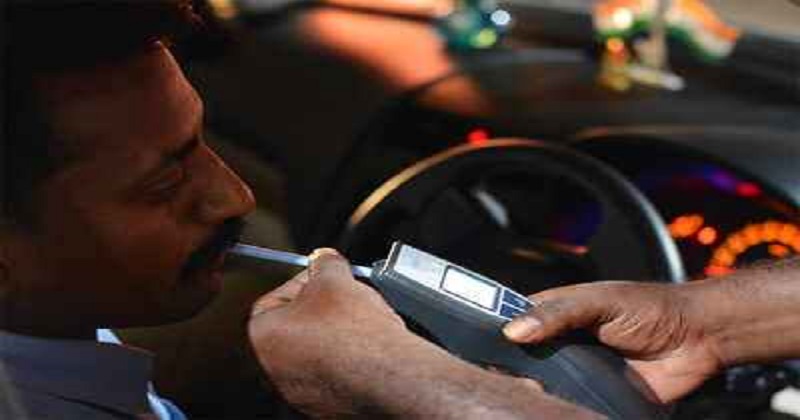
A case registered against a government servant was dismissed by the Kerala High Court after observing that the mere smell of alcohol cannot be construed as evidence that the employee was intoxicated. When ordering the quashing of an FIR filed against Salim Kumar, 38, Justice Sophy Thomas said that consuming liquor in a private place without causing annoyance or nuisance to anyone will not attract any charges.
‘ The mere smell of alcohol does not mean the individual was intoxicated or under the influence of any liquor,’ the court said in its order issued on November 10. The court was hearing a criminal miscellaneous petition filed by Kumar, a village assistant, seeking to quash an FIR filed by the police against him in 2013.

Police registered a case against Kumar under Section 118 (A) of the Kerala Police (KP) Act, claiming that when he was called to the station to identify an accused, he was under the influence of alcohol. According to Kumar, he was summoned to the Police Station at seven in the evening to identify a person who was arrested under sections 353 of the IPC and 20 of the Kerala Protection of River Banks and Regulation of Removal of Sand Act (known as the ‘Sand Act’).
Due to the fact that the accused was a stranger, Kumar was unable to identify him, so police registered this crime under the KP Act. The punishment for causing a grave violation of public order or danger is addressed in section 118 (A) of the KP Act. According to the court, for an offence to be punishable under the said section of the KP Act, the suspect must be found in a public place in an intoxicated state or in a rioting condition incapable of looking after himself.
Read more: Sushant Singh Rajput’s family members killed in accident
As the prosecution argued, the petitioner had been asked by police to attend the Badiadka police station to identify an accused. With this fact alone, the court concluded, the petitioner was not incapable of looking after himself even if he had been drinking at that time.
The document also stated that the available records would not prove that the petitioner was sent to the doctor for a clinical examination or that his blood test was conducted to prove he was intoxicated. ‘Records indicate he was subjected to an Alco-quant test using an Alcometer. All witnesses are police officers, except one, who is the accused arrested under the Sand Act, for identification of whom the petitioner was called to the police station,” the court noted. The court ruled that Kumar only went to the Police Station because he was asked to and that the prosecution has no evidence that the petitioner had criminal histories.

Post Your Comments